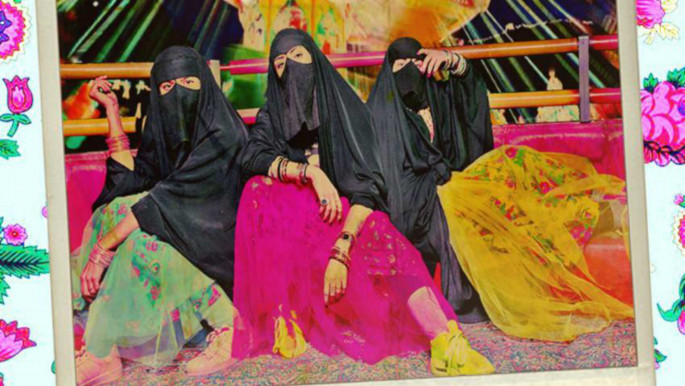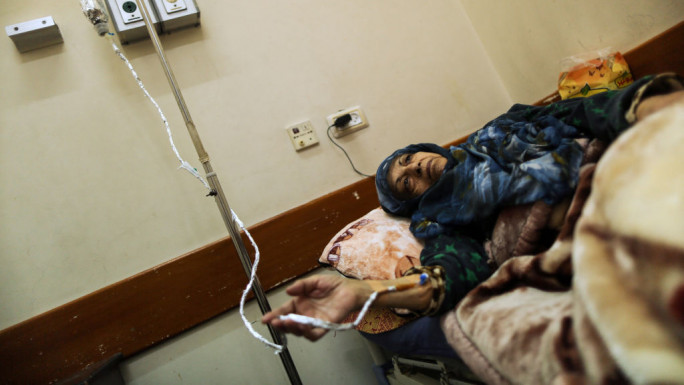
It's been a (relatively) good week for women's rights in the Middle East
The fight for freedom, equality and representation in the region is nowhere near over, but efforts to bring about a change are beginning to pay off – even in Saudi Arabia.
This week, whether through political wrangling, passionate protest or peaceful resistance, women's rights took a step forward, finally.
Tunisia passes landmark law protecting women against rape and abuse:
On Thursday, Tunisia lawmakers passed the "Law on Eliminating Violence Against Women", which abolishes a controversial clause that allows rapists to escape punishment if they marry their victims.
It is also the country's first piece of legislation that recognises domestic violence as a punishable crime.
A huge victory in a country that has one of the highest rates of domestic violence in the world.
Jordan lawmakers end lenient sentences for 'honour crimes':
Some killers served as little as six months in prison as a result. Lenient sentences (should) end now.
 |
|
| Special coverage: Inside the fight for women's rights in the Middle East |
Saudi anti-guardianship activist Maryam al-Otaibi freed from detention:
While no laws were changed, Saudi women still celebrated a significant milestone on Monday in the campaign to end male guardianship, when a rights activist was freed from detention without a guardian to bail her out.
Maryam al-Otaibi was detained after she fled her father's house to try to lead an independent life.
After 104 days in detention she was allowed to go free despite not having a man's permission, in an apparent first for the kingdom.
Jordan abolishes 'marry the victim' clause protecting rapists from punishment:
In a double whammy for Jordan, its parliament on Tuesday followed Tunisia's example and repealed the 'marry the victim' clause in its rape law.
Cheers erupted from the spectators' gallery as legislators narrowly voted to scrap controversial Article 308.
But the struggle continues.
Don't Mess With My Outfit:
In Turkey on Saturday, hundreds of women marched against the violence and animosity they face from men demanding they dress more conservatively.
Protesters say there has been an increasing number of verbal and physical attacks against women for their choice of clothing.
The "Don't Mess With My Outfit" march saw women carrying denim shorts on hangers as examples of the type of clothing some men say they find unacceptable.
Also in Egypt this week, a woman was allegedly assaulted for wearing a burkini at a holiday resort.
Anti-harassment laws appear to be futile in a context in which women are blamed and accused of provoking an attack, regardless of how much or little they choose to wear.
It's not okay:
You wouldn't think it would be necessary to spell out to people, in 2017, that sexual harassment is not okay.
But in Lebanon, women are having to make it very clear to perpetrators through a new campaign, Mesh Basita.
The KIP Project on Gender and Sexuality launched the campaign, letting the Lebanese population know that sexual harassment should not be dismissed as part of everyday life but are violations and should be criminalised.
KIP said on website: "In order to confront the idea that sexual harassment is not a serious issue, 'Mesh Basita' stands for the idea that sexual harassment is 'not okay'.
Join the conversation on Twitter @The_NewArab
Follow our special coverage on the fight for women's rights in the Middle East below:
![women's right [Getty/Facebook/Reuters] women's right [Getty/Facebook/Reuters]](/sites/default/files/styles/large_16_9/public/media/images/A82DBEB9-D260-4008-A058-5819F7C7BDBC.jpg?h=d1cb525d&itok=1Lt4hJsB)




 Follow the Middle East's top stories in English at The New Arab on Google News
Follow the Middle East's top stories in English at The New Arab on Google News


